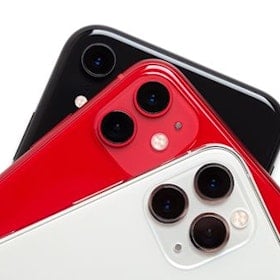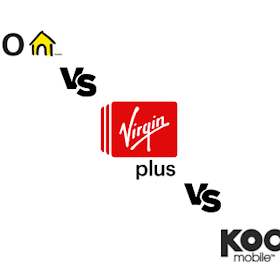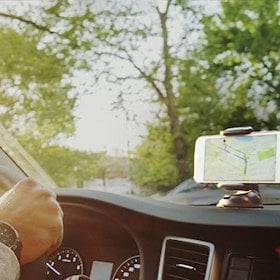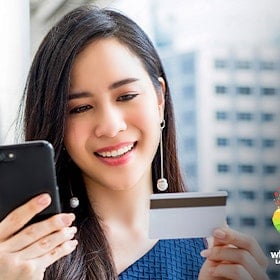
A fingerprint scanner in the new iPhone 5s might seem like a spy-movie gimmick, but it will be the feature most loved by new iPhone owners -- they just don't know it yet.
Apple's iPhone 5s features a number of new ideas for the Cupertino-based company: 64 bit CPU architecture, a True-Tone LED Flash for its camera and a fingerprint scanner on the Home button. These are all going to be very difficult features to sell to everyday consumers who are used to looking for 'bigger numbers', like a higher resolution camera or more Gigahertz and Gigabytes.
Still, they are important steps forwards for smartphones, especially the fingerprint scanner. At first glance this may seems like a kitschy way to side-step having to key in a PIN to unlock your phone, but it actually goes much deeper than that.
Prove yourself
If you've used an iPhone or iPad before, you'll know that the device is constantly asking you to identify yourself. If you want to log into the App Store and download an app, you have to enter your password. If you leave the App Store for 5-minutes, you have to enter the password again.
With a fingerprint scanner, the laborious task of identifying yourself to the phone could be as simple as placing your finger over the Home button. No more 8-character passwords (with at least one capital letter and one symbol). No more struggling with the less-than perfect keyboard.
Unfortunately, Apple has announced that it is not offering an API to third-party developers to use the scanner for their own apps, but surely this will come later down the track. Imagine your social networks being locked from prying eyes and accessible with the same easy placement of a finger. And your email, and your SMS messages and any app that you want to keep locked down.
Guest mode?
The only oversight in the inclusion of a fingerprint scanner is a solution for what happens when you give your phone to a friend to borrow momentarily.
The new LG G2 offers a 'guest-mode' option; a different unlock pattern that you show to friends, that lets then unlock the phone, but only gives them limited access to the apps you have installed. They might be able to make a call or browse the web, but they can't update your Facebook profile with an embarrassing photo, for example.
Google's new Nexus 7 tablet has a similar feature, where you can create multiple user accounts on the tablet, and all access different user information, like different social media accounts and different home screen layouts.
Related Articles
Find Better Phones and Plans
Hundreds of cell phone plans unpacked. All the facts. No surprises.





































